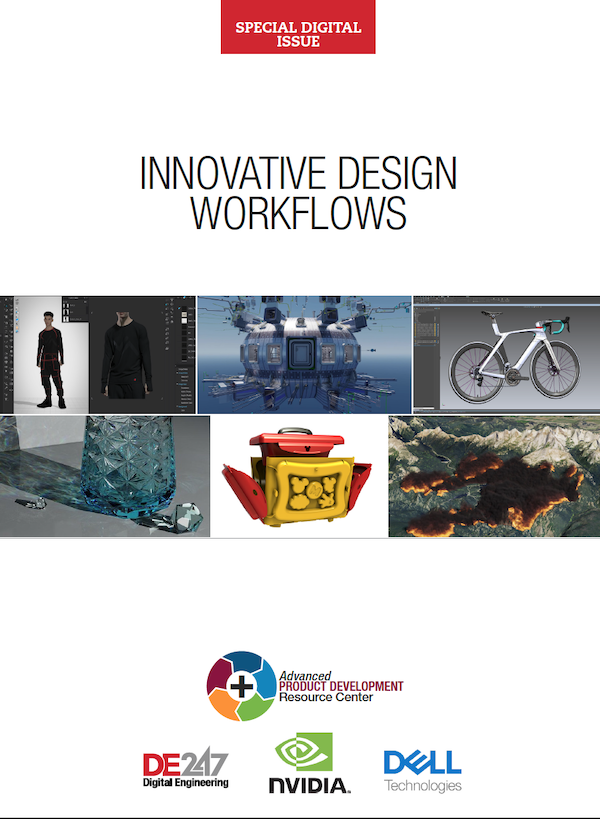Latest News
March 14, 2014
A new module has been added to Delcam for SolidWorks 2014 R2 so that the software can now support tombstone machining. Other enhancements in the 2014 R2 version include new options for stock models, better support for holes from the SolidWorks Hole Wizard and more flexible Z-level roughing.
The solution is fully integrated into the SolidWorks environment so that the program looks and behaves like SolidWorks. It offers full associativity, so that any changes in the CAD model are reflected automatically in the toolpaths. It also reviews the choice of cutting tools and machining strategies, and changes them if necessary.
Tombstone machining allows multiple parts to be loaded onto different sides of a fixture and then machined in one sequence. The fixture and the complete set of parts can then be replaced, in some cases automatically, with the next set of components and the associated tombstone.
With the new tombstone-machining module, parts that have been programmed individually can be positioned around the tombstone and a single program generated for the complete set. Models of the tombstone and any other fixtures can be loaded into the assembly within the software and are then treated in the same way as other fixtures. The NC code can be generated either relative to the set-ups of individual models or relative to reference set-ups within the tombstone assembly.
The solution now also supports multiple, simultaneous part comparisons. If a set of different parts is being machined on a tombstone, or any other fixture, the various components can be verified with their respective CAD models in one operation.
Rough machining has been improved with a new option to set the direction in which Z-level roughing toolpaths are offset. A simple button allows the user to select whether the part should be machined from the outside inwards or from the inside towards the outside. An automatic option can also be chosen where the software will decide the offset direction, depending on whether a core or a cavity shape is being machined.
The upgrade offers better support for hole manufacture by recognizing dowel holes as reamed holes. During programming, the software will automatically select the appropriate drill and reamer to be used in the program for the size of the hole.
The cutter compensation can now be specified on an operation level, removing the need to create duplicate features in order to set different values. The most common case where this will be needed is when different cutter compensation is required for the finish pass and for any subsequent chamfering operation, the company says.
For more information, visit Delcam.
Sources: Press materials received from the company and additional information gleaned from the company’s website.
Subscribe to our FREE magazine, FREE email newsletters or both!
Latest News
About the Author
DE’s editors contribute news and new product announcements to Digital Engineering.
Press releases may be sent to them via [email protected].






